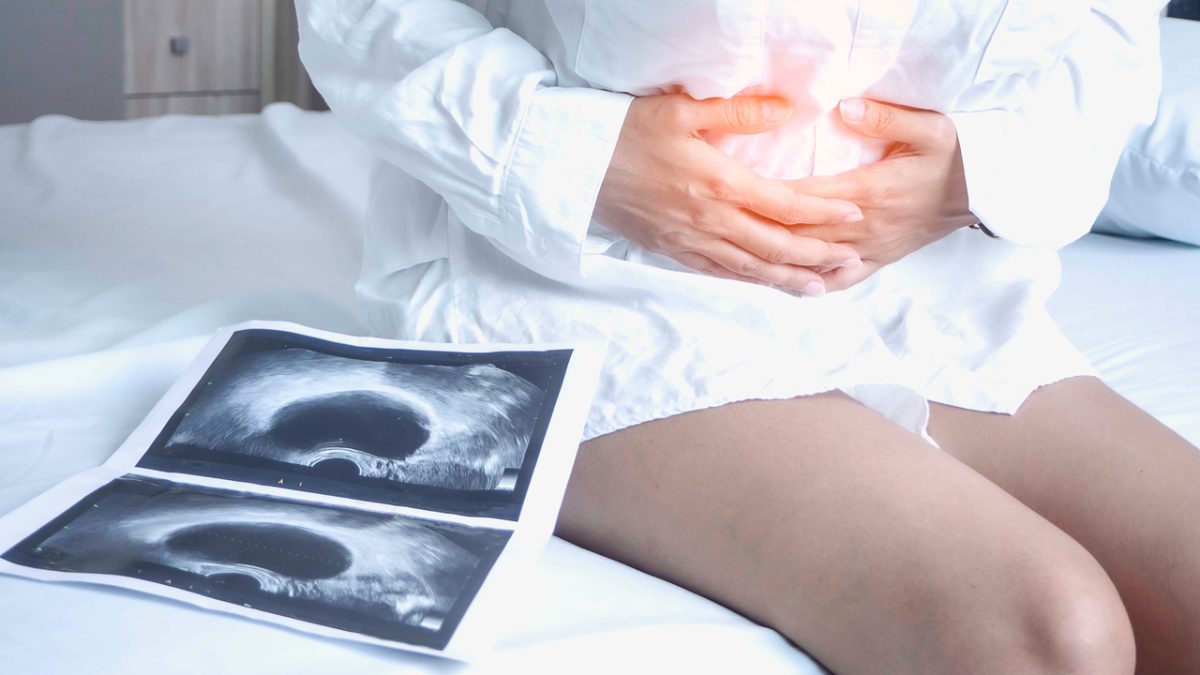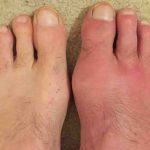Ovarian Cysts and Bloating
Bloating is a common symptom that you may experience during your period. Researchers believe that this bloating happens because your body is experiencing a change in its progesterone and estrogen levels. The body reacts to exchange by holding onto more salt and water. As the cells in the body become swollen with water, you start to feel bloated. A study that was done in early 2011 shows that women retain the highest level of water during the first day of their periods.

Some women mistake the bloating associated with ovarian cysts with typical weight gain. However, you should be aware of unusual bloating that is the result of an ovarian cyst growing larger.
Most ovarian cysts stay under 10 cm. However, ovarian cysts can sometimes grow much larger than that, reaching the size of a watermelon. When this happens, some women mistakenly think they are putting on weight. However, abnormal abdominal pain coupled with bloating could be a signal that there is an enormous mass growing in your stomach. It’s especially important to be vigilant if you are only putting on weight in your stomach or can’t figure out why you are putting on weight.
More from Things Health
-
Symptoms Of Ovarian Cancer
Ovarian cancer is often referred to as a quiet disease as it usually isn't discovered until it is in the advanced phases. In nearly all…
-
Symptoms of Food Poisoning
Food poisoning is a catch all term to refer to any type of cross contamination that's acquired from eating infected, spoiled, or otherwise toxicity food.…
-
Symptoms Of Epilepsy
Epilepsy a neurological disorder marked by sudden recurrent episodes of sensory disturbance, loss of consciousness, or convulsions, associated with abnormal electrical activity in the brain.…
-
Every Diabetic Should Do These 8 Things
Being diagnosed with diabetes can be perplexing, however, through some minor lifestyle changes it can be less daunting. Everyone knows that it’s important to keep…
-
Symptoms of Gout
Gout is a form of inflammatory arthritis characterized by recurrent attacks of a red, tender, hot, and swollen joint. Pain typically comes on rapidly in…






